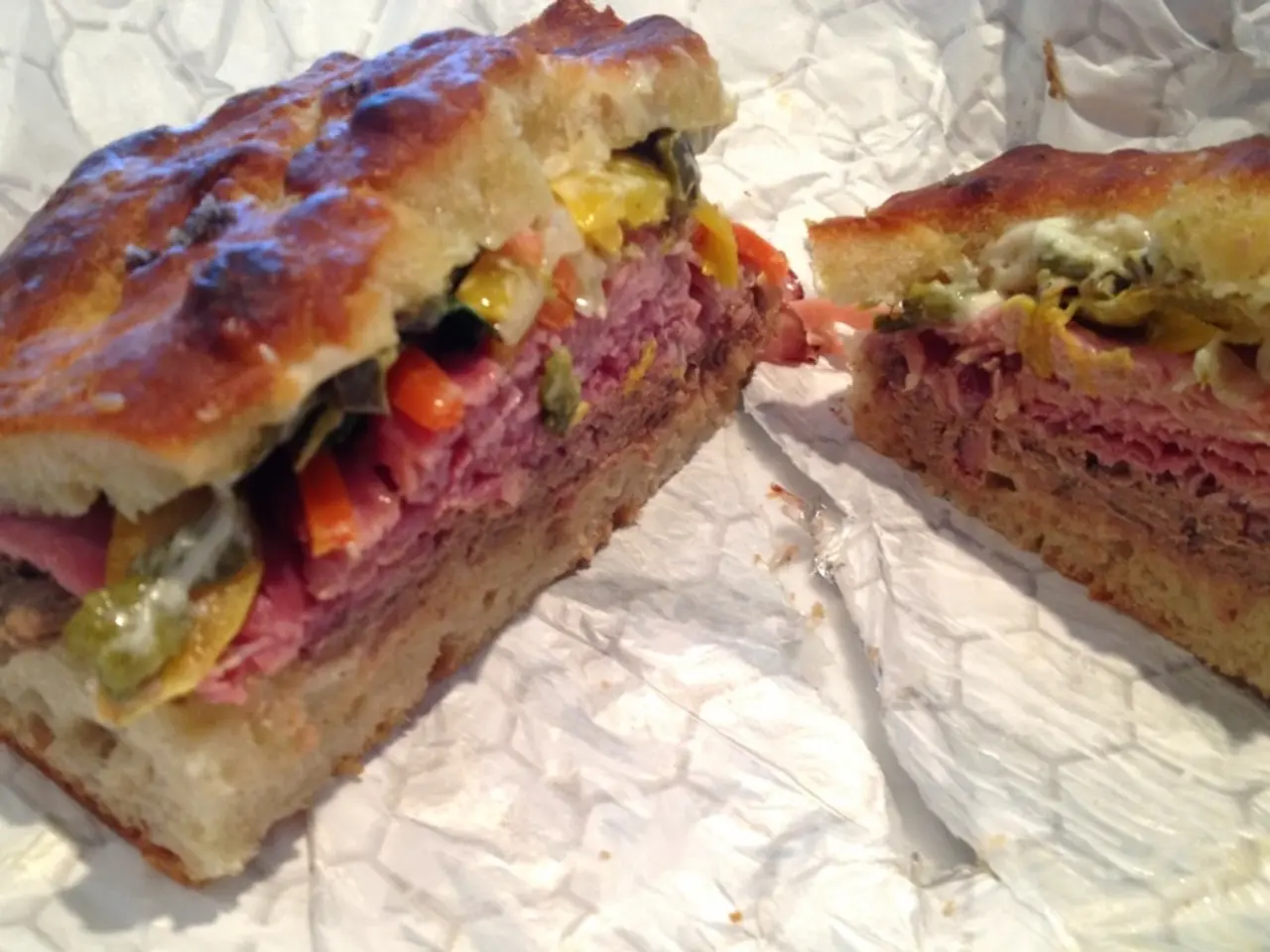Journaling Your Food Dietary Effects
A food journal can be a valuable tool for managing stress and emotional eating, weight management, and understanding one's relationship with food. This simple, flexible practice doesn't have to be cumbersome or time-consuming.
Keeping a food journal can be as straightforward as jotting down what you eat and drink, including snacks, candy, coffee, and anything else consumed between meals. Simple methods like using a number scale or emojis to track symptoms and feelings can make it even easier.
For those with health conditions like IBS, kidney disease, diverticulitis, or food intolerance, keeping a food journal can help connect foods to symptoms, providing valuable insights for managing these conditions. Food elimination diets like the AIP diet can also benefit from food journaling to understand how one's body reacts to individual foods, whether raw or prepared.
Recognising habits and eating more mindfully is another benefit of keeping a food journal. It can help one see the connection between what they eat and how they feel, how they sleep, how they perform during exercise, or their ability to concentrate at work.
If something doesn't work in food journaling, try a different approach. For instance, listing foods and drinks instead of tracking amounts and calories can be more effective for some individuals.
Choosing a platform for food journaling that suits your goals is essential. Whether it's pen-to-paper, an app, or a smart device, the key is to find a method that works for you and stick with it.
Sharing a food journal with a dietitian or therapist can be useful for discussing what's working and what's not. It can also help identify patterns and behaviours related to emotional eating.
It's important to note that for those with a history of disordered eating, it's advisable to avoid tracking amounts and calories. Instead, focus on recording what you're consuming one meal at a time.
The more detail included in a food journal, the more useful it is, according to registered dietitian Devon Peart. However, it's not necessary to count calories if it doesn't feel right for you.
Remember, food journaling is a marathon, not a sprint. Consistency is key. Keep track of foods as you're eating them or right after, to avoid forgetting what you ate.
In conclusion, food journaling can be a powerful tool for improving one's education and knowledge about their diet and nutrition, as well as for managing various health conditions and promoting weight management.
Read also:
- Nightly sweat episodes linked to GERD: Crucial insights explained
- Antitussives: List of Examples, Functions, Adverse Reactions, and Additional Details
- Asthma Diagnosis: Exploring FeNO Tests and Related Treatments
- Unfortunate Financial Disarray for a Family from California After an Expensive Emergency Room Visit with Their Burned Infant








